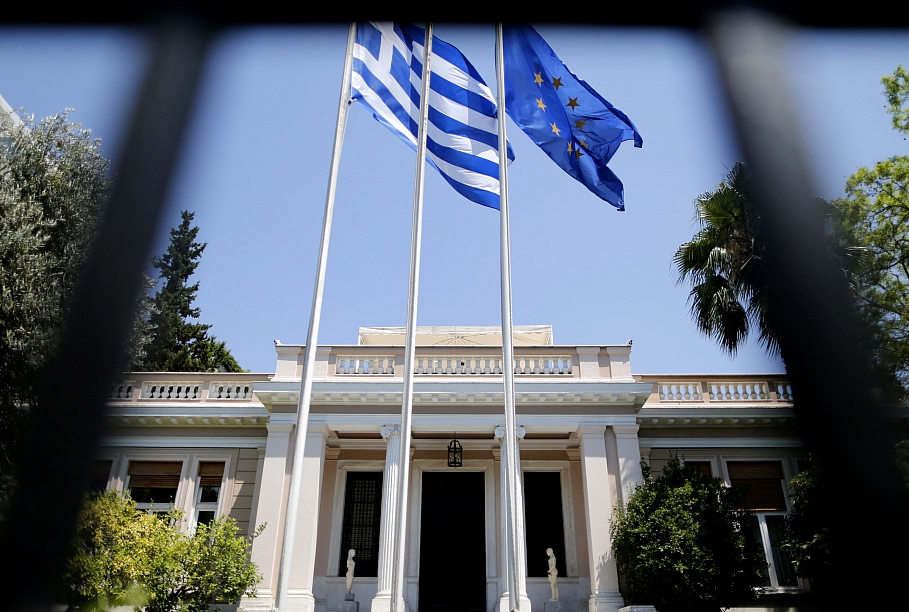Speaking after an extraordinary meeting of the cabinet in Riga, Reirs said: "The example of Greece shows very well what damage populism can do to a country. Now it is time for the Greek government to implement structural reforms as well as to carry out a spending review. Latvia is interested in helping Greece, as a member of the European Union, NATO and the eurozone, to carry through reforms to strengthen the overall economy, security and stability."
Prime Minister Laimdota Straujuma said: "The decision on starting the negotiations was not difficult but the difficult decision will come at the end of the negotiations. And we will have to very carefully follow the process."
She sounded less than optimistic about the likely outcomes however, describing the bailout plan's chances of success as around fifty-fifty.
She also tapped into the popular mood of scorn among ordinary people in Latvia regarding Greece's repeated demands for cash, saying:
"People in Latvia are finding [the Greek bailout] hard to accept as today Latvia has returned to gorwth after undergoing a really severe austerity program. With pensions lower than in Greece, people are struggling to comprehend the possibility of lending any money to Greece unless there are very, very strict requirements."
Straujuma also indicated she would be willing to see the Latvian parliament or Saeima given a vote on whatever agreement is eventually reached, though the exact timing and significance of such a vote remains unclear as at present no parliamentary vote is required.
A Finance Ministry statement made the level of skepticism about Greece's ability to carry through its reforms even more apparent.
"It should be noted that the mandate granted to the Minister of Finance to start negotiations about the assistance programme, which could be granted to Greece through the ESM, does not create any financial liabilities to Latvia. The government will make a separate decision on the Memorandum of Understanding where performance indicators, deadlines and amounts of financing allocated to Greece will be specified. This could happen in late August when international lenders and Member States of the Eurozone will complete preparation of the document," the Finance Ministry said.
"During this period of time the Greek government will have to continue to implement structural reforms to stabilize the economic situation and renew economic growth in the country as soon as possible," it continued, giving July 22 as the deadline for the first series of reforms.
"It should be reminded that in autumn 2014 Greece was in a considerably better situation because the previous loan program was coming to the end, unemployment was decreasing, and the state was able to make borrowings on international markets. It means that previous Greek government was able to implement structural reforms and achieve necessary results in the country," is added rather pointedly.
Since joining the Eurozone and the European Stability Mechanism Latvia each year over a five-year period contributes to the ESM 44 million euros.





























